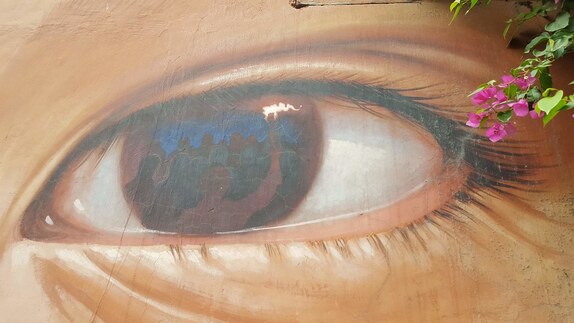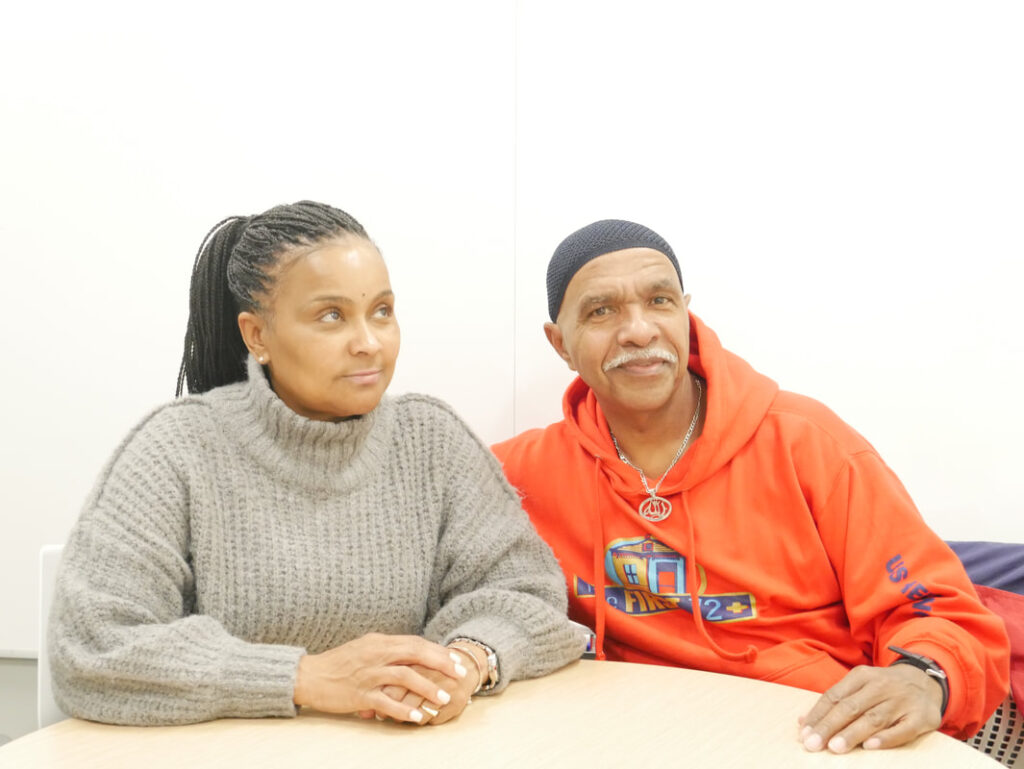
Spending all my time,
I’m looking for that perfection;
I dare not stop for anything less…
Spending all my time,
traveling the world for reflection;
I dare not pause for anything else…
I’m looking for that perfect book,
the one with the perfect rhyme;
I’m looking for that perfect look,
the complete and the sublime…
Spending all my time,
I’m looking for the perfect smile;
the one to fill my heart…
Spending all my time,
looking for beauty worthwhile,
a face defined as art…
I’m looking for that perfect song,
the one with the perfect tune;
I’ve been looking for you all along,
the perfect woman to swoon…
I’ve spent all my time,
all my time, looking blue,
But I still have a lot more left,
to spend with silly little you…
Won’t you spend yours as well searching?
Let’s get to know each other;
let’s ride across the universe,
from one star to another…
Let’s spend all our time
together as much as we can.
Even as sunshine falls and stars appear,
we shall dance, we shall dance…Searching
Jeremy Smith is currently incarcerated at Louisiana State Penitentiary (Angola).
If you or someone you know is a currently or formerly incarcerated person with creative content to offer, please submit your materials to [email protected] and we’ll be in touch! We’ll share the content on social media and always give credit to the artist(s) involved. Any type of submission–whether stories, poems, illustrations, music, videos or something else–are welcome!

